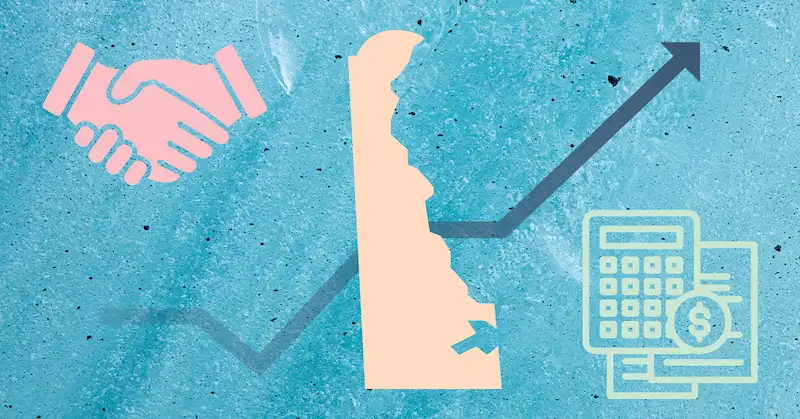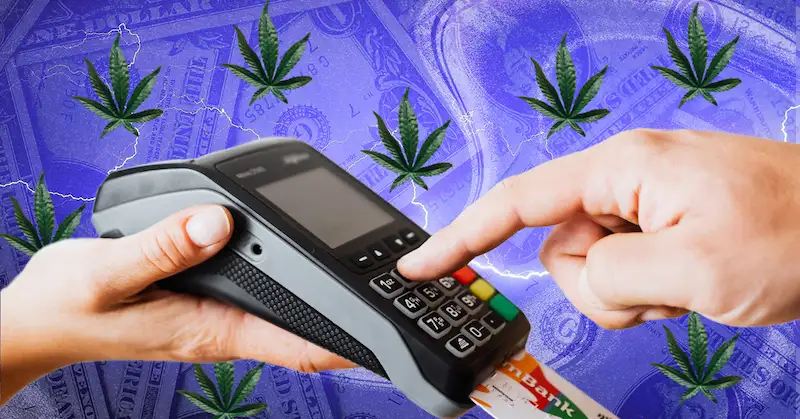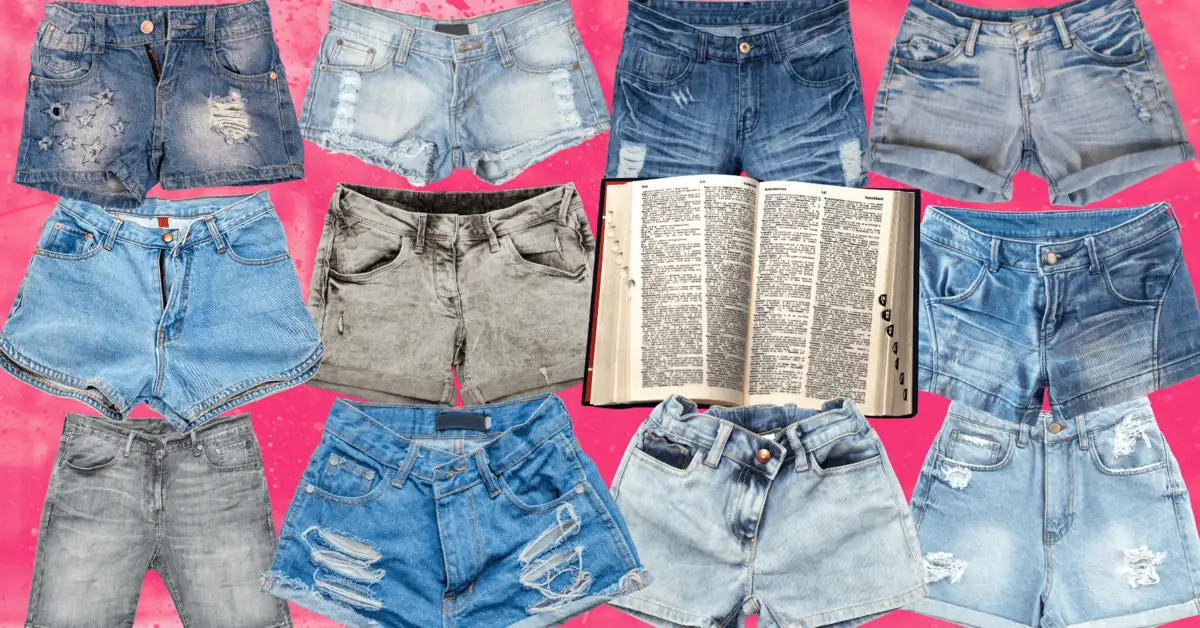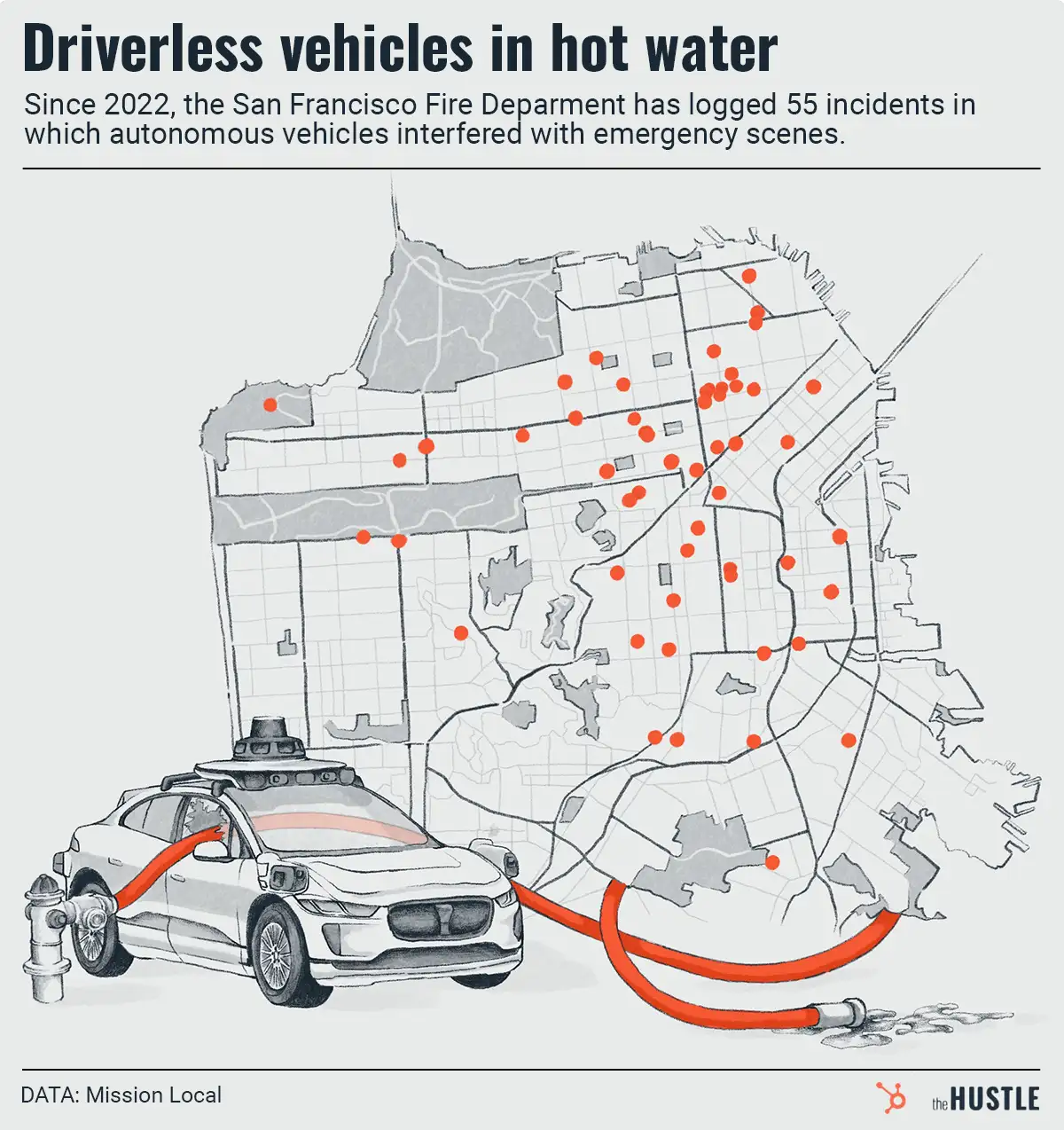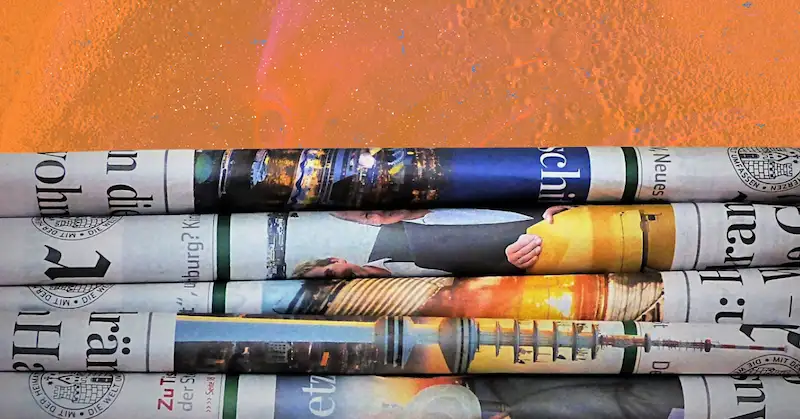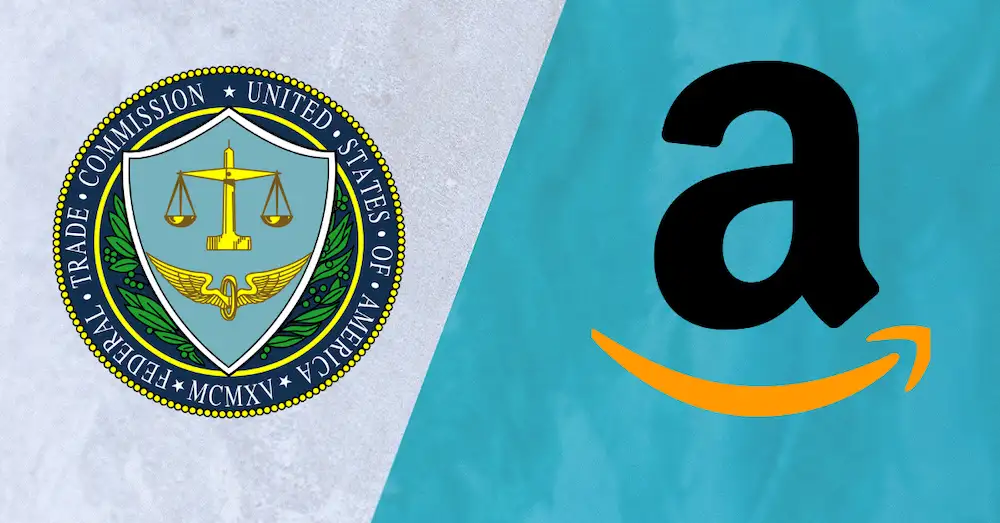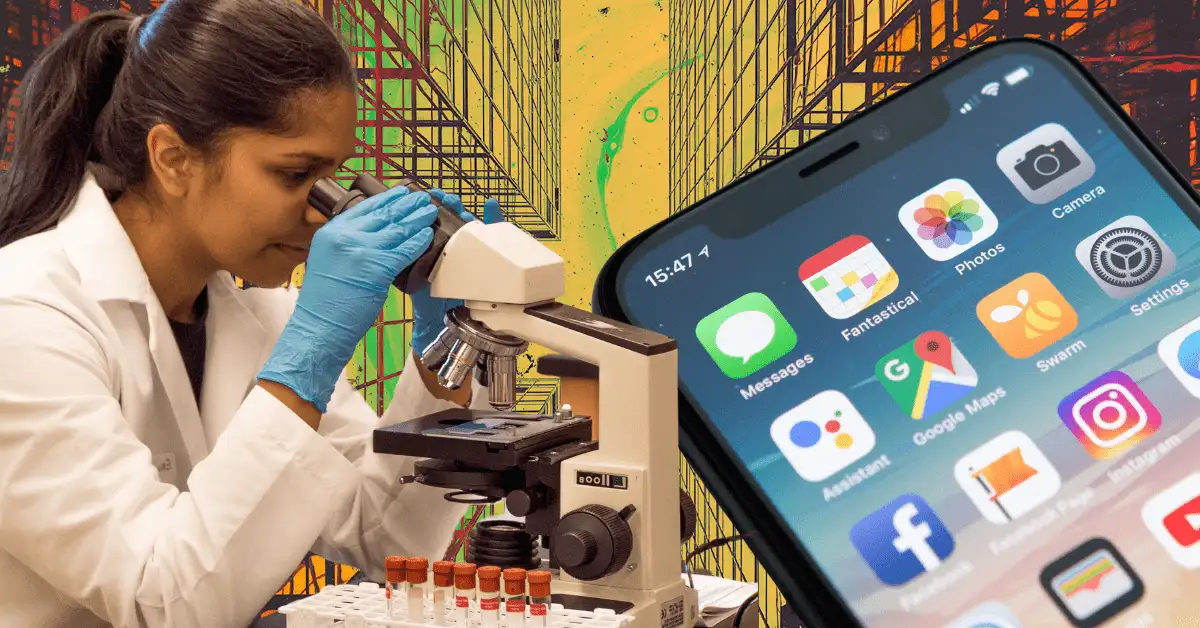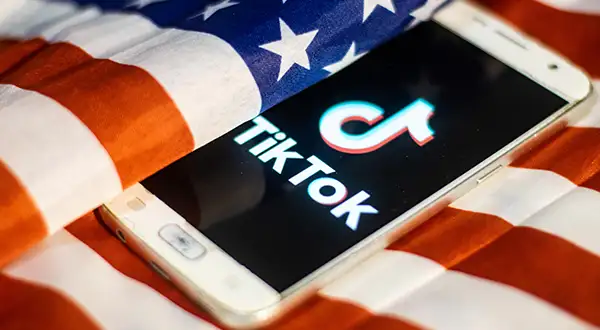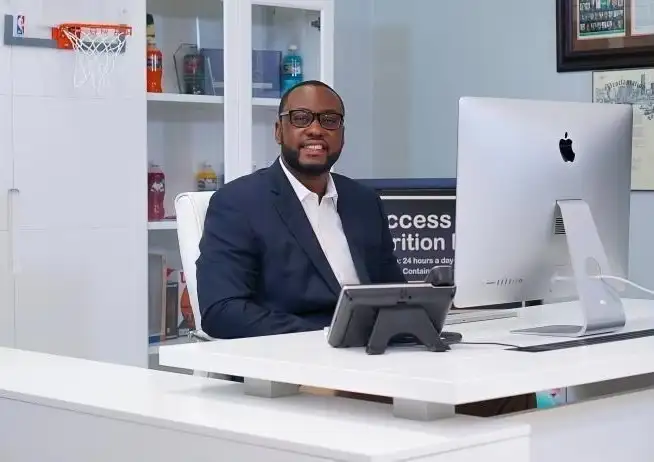Photo by Scott Olson/Getty Images
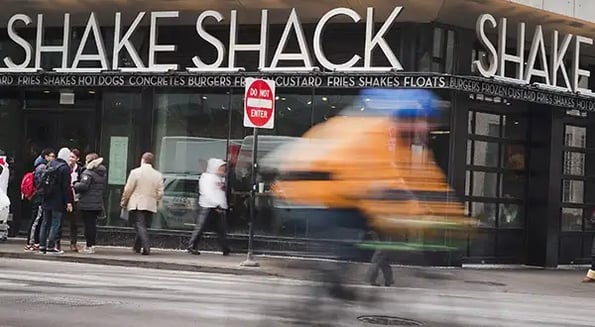
Shake Shack was a trendsetter — and not just for bougie burgers.
Last month, the fast casual chain returned $10m it received under the Paycheck Protection Program, the government’s $650B+ coronavirus relief fund for small businesses.
It sent back the money to put out the PR grease fire that erupted after people learned that the Shack had nabbed the highly sought after corona cash. Instead of, y’know, small businesses.
Other prominent restaurant chains — like the sandwich slingers at Potbelly ($10m) and the beef barons of Ruth’s Chris Steak House ($20m) — gave back their PPP money, too.
Now others are deciding whether they’ll do the same
The government gave companies a Monday deadline to return the money without facing consequences (like government audits).
Last week, it said firms that took loans of less than $2m would be in the clear — but if your firm took more than that, you might have to sweat it out under Uncle Sam’s microscope.
Politico reported that a wave of companies across different industries have returned their PPP money in the last week, including Culp, a mattress fabric company ($7.6m), and the Aspen Institute, a think tank ($8m).
And The New York Times cobbled together a pretty eye-popping figure: Of at least $1.49B that public companies have received, at least $504m (or more than ⅓) has been returned so far.
Meanwhile, there is no joy in Startupland
The pandemic caused Silicon Valley startups to lay off thousands of workers. But from the beginning of the PPP program, there’s been confusion over whether venture-backed startups qualify for relief.
Bloomberg reported that some of those startups decided not to apply — either because decoding the byzantine rules was too complicated, or because they didn’t want to create a perception that they were taking candy from mom-and-pop shops down the street.
In other words, they didn’t want to risk getting grilled in public like Shake Shack.
Not everyone has the luxury of deciding
Many minority-owned small businesses struggled to get coronavirus relief money in the first place. Just 12% of owners who applied for the funds said they got what they asked for, according to a new survey.
Nearly half of the respondents said they’d have to close permanently in the next 6 months.

